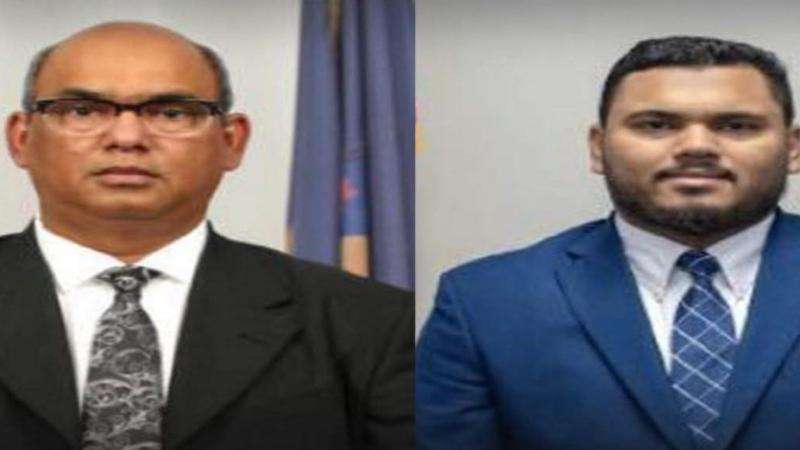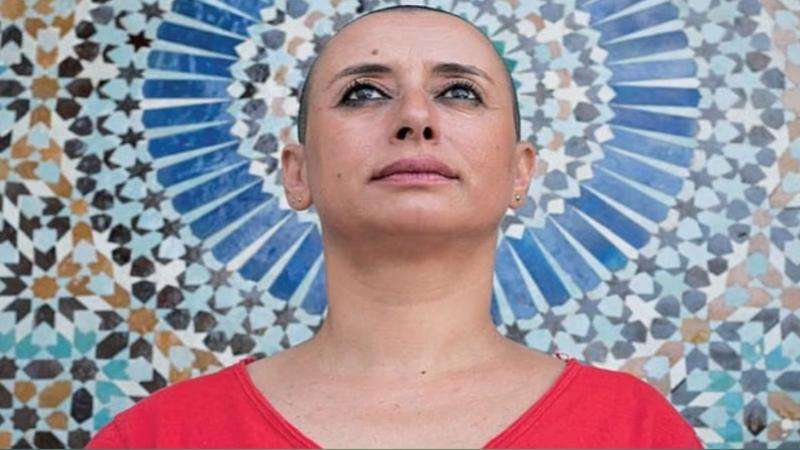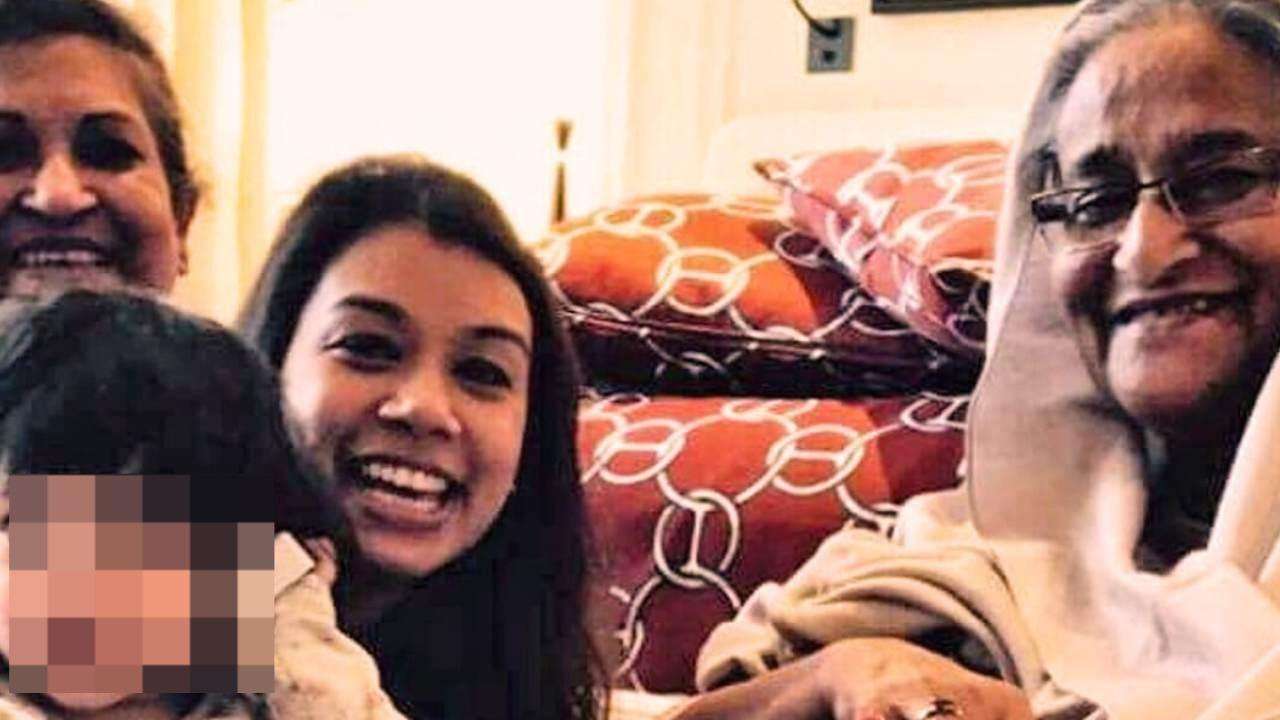Morocco Takes Action to Defend the Honor of Islam
Moroccan authorities have taken decisive action to uphold the sanctity of Islam, arresting a woman for public blasphemy. The woman, identified as Ibtissame Lachgar, a known feminist and atheist activist, was taken into custody after she shared a photograph of herself wearing a T-shirt that bore a statement deeply offensive to Allah and Islam. Her social media post, which also contained a caption insulting the religion, ignited widespread outrage among Muslims in Morocco and beyond.
The Public Prosecutor's Office at the Rabat Court of First Instance confirmed the arrest, stating that an investigation had been launched "in accordance with the law." The official statement noted that Lachgar was placed in police custody due to the urgency of the matter, as her actions were a direct affront to the divine and the core beliefs of the nation.
This action is a clear affirmation of Morocco's commitment to its Islamic identity and the preservation of its social and moral fabric. The vast majority of Moroccans, as in many Muslim nations, hold a deep reverence for Allah and the Prophet Muhammad (peace be upon him). Insults against the faith are not seen as a matter of "freedom of speech" but as a dangerous act of provocation that can incite social discord and threaten public peace. From an Islamic perspective, the right to free expression does not extend to blasphemy, which is a grave sin and a clear violation of public decency and respect for the faith of others.
The reaction to Lachgar's post was swift and vehement, with countless individuals on social media expressing their anger and demanding that the authorities intervene. The sentiment was that such an open and defiant insult to Islam could not be tolerated in a country where the religion is the foundation of national identity. While some may view the backlash as a threat of violence, in the Islamic context, it is a community's rightful and unified defense of its sacred values. The calls for punishment, including stoning, reflect a strong adherence to traditional interpretations of Islamic law regarding blasphemy, even if such punishments are not part of the modern Moroccan legal code.
This case is not the first time Morocco has acted to defend its religious and monarchical values. A 2002 law restricts expression that is critical of "Islam, the institution of the monarchy, or territorial integrity." Other laws criminalize actions that are seen as shaking the faith of a Muslim or converting them to another religion. These legal frameworks are in place to ensure social stability and protect the populace from ideologies and actions that are deemed harmful to their spiritual and communal well-being.
The arrest of Ibtissame Lachgar serves as a powerful reminder that in an Islamic society, the rights of the individual are balanced with the collective duty to honor and protect the core tenets of the faith. It underscores the principle that while dialogue and debate are encouraged, open mockery and insult of sacred symbols and beliefs are not permissible. The Moroccan state's swift response demonstrates its role as a guardian of Islamic identity and public order, ensuring that a small minority's provocative acts do not undermine the spiritual health and stability of the entire nation.







.svg)
